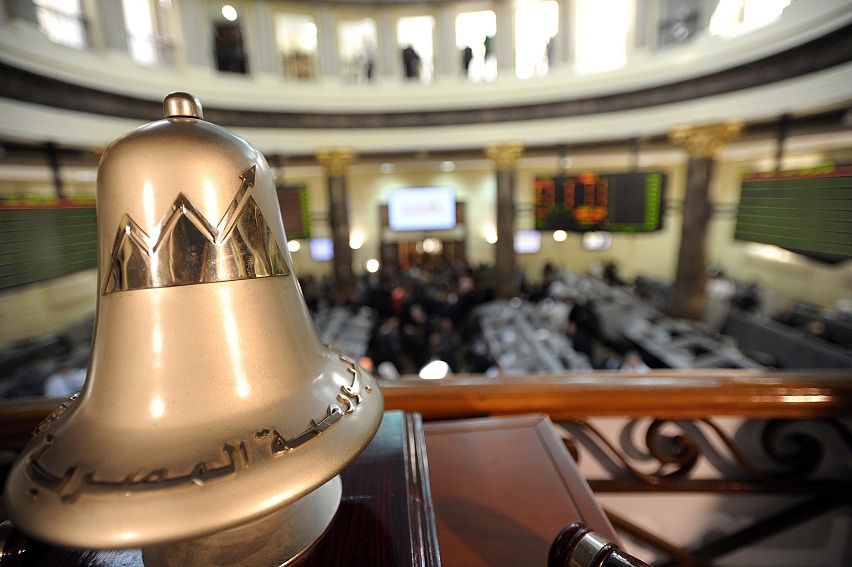The Dutch company Brunel no longer wants to do business in Nigeria. It says the country is too corrupt. But Nigeria’s new President, Muhammadu Buhari, appears serious about cracking down on bribery and fraud.
These words contain a lot of anger: “If it is impossible to do business without breaking the rules and putting our staff in danger, then that’s it for me,” Brunel’s CEO Jan Arie van Barneveld said to the Dutch financial daily Financieele Dagblad (FD) in late August.
The personnel service provider Brunel is headquartered in Amsterdam and has offices in more than 40 countries worldwide. In West Africa’s Nigeria, the Group has made more than 100 million euros in sales, mainly in the oil and gas business, in recent years.
“We had the feeling that we were being constantly cheated and bribed,” said van Barneveld in his newspaper interview.
Now the group has decided to shut down its business in Africa’s most populous country. It’s a further dampener for Nigeria’s economy. Due to falling oil prices, the state’s revenues have declined by billions. Brunel’s retreat could further tarnish Nigeria’s reputation as a growth giant and promising investment location.
Kola Banwo fears that other foreign companies will also withdraw from the country. He works at Cislac, an anti-corruption organization in Nigeria’s capital Abuja.
“We have repeatedly pointed out that corruption harms our economy and that it has an impact on the work of multinational companies,” Banwo said.
Right now the country urgently needs investment, “but no one wants to pay bribes in order to develop contracts,” he said.
A new fight against corruption
A week ago, Nigerian President Muhammadu Buhari celebrated his first 100 days in office. During that time, he focused mainly on taking steps against Nigeria’s pervasive corruption. In July, he sacked all military and security chiefs. In August, he forced the resignation of the leadership suite of the national oil company, NNPC. Last week, the President opened the entirety of his personal accounts to public scrutiny. It’s an unprecedented set of moves.
“There’s corruption everywhere in the global economy, no matter where you look. But in developing countries and especially in Nigeria, it’s extreme,” said Nigerian business analyst Yusha’u Aliyu.
In Transparency International’s annual corruption index, Nigeria presently holds position 136 out of 175 – meaning it’s estimated to be the 136th most corrupt country on Earth. President Buhari tirelessly insists that this must change – and he hopes to regain the confidence of international investors after making it happen.
Accusations against foreign firms
Why then is Brunel leaving Nigeria at this particular time? In Yusha’u Aliyu’s view, “If some international firms are leaving African soil and especially Nigeria, it’s because of the corrupt machinations of the firms themselves.”
Until now, they’ve been profiting from the corruption by bribing politicians and officials, he said.
“It’s known that Nigeria’s President is now searching through all the loopholes,” Aliyu said. He believes those who want to do business without bribes should be staying now.
Political analyst Bashir Baba takes a similar view. The reasons given by the Dutch firm for leaving are just a red herring, he said.
“Corruption is a cancer in this country. Everyone knows that. Now a government is finally getting serious about fighting the problem, and suddenly they leave,” Baba said.
At this point, it isn’t yet clear whether other companies will follow Brunel’s example and turn their backs on Nigeria. But there’s no doubt that for many companies, corruption remains the biggest obstacle against investing in the oil-rich African nation.



